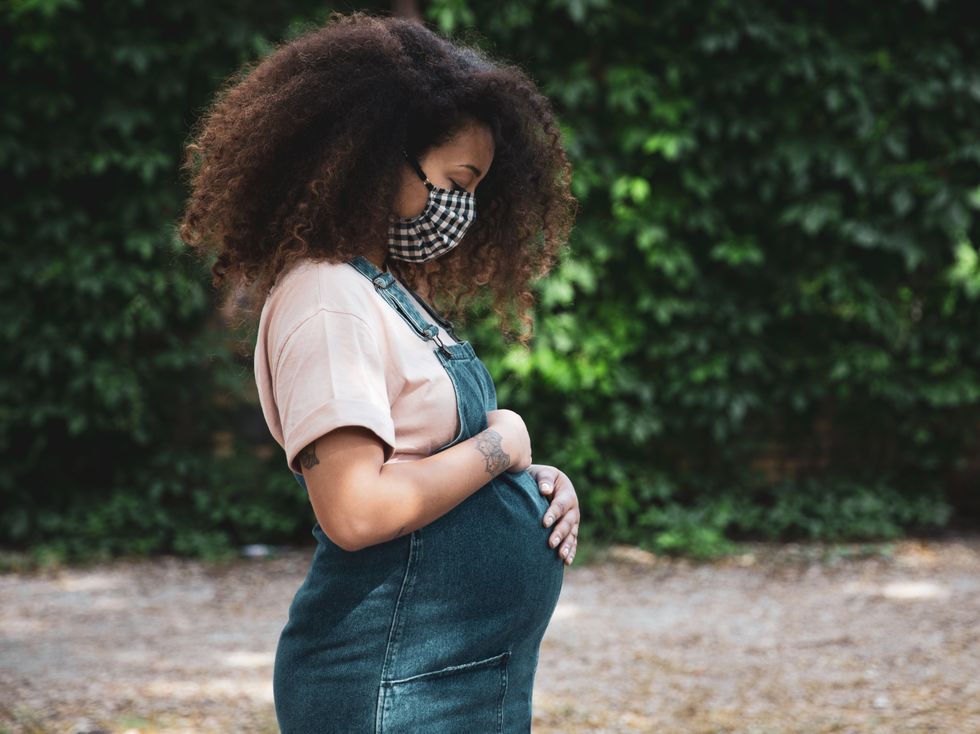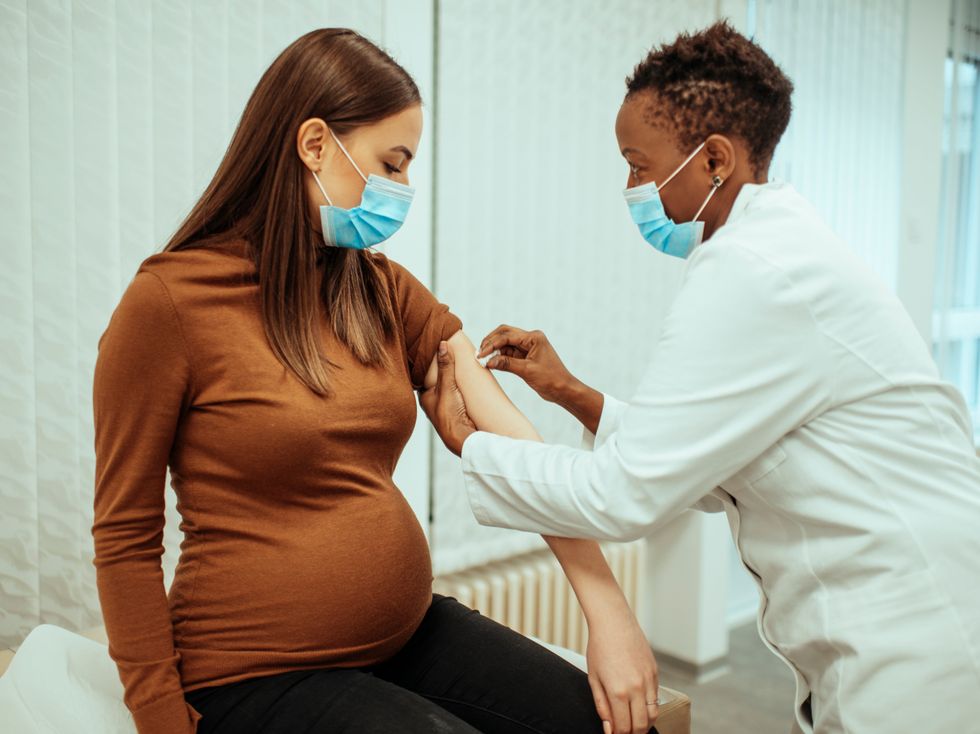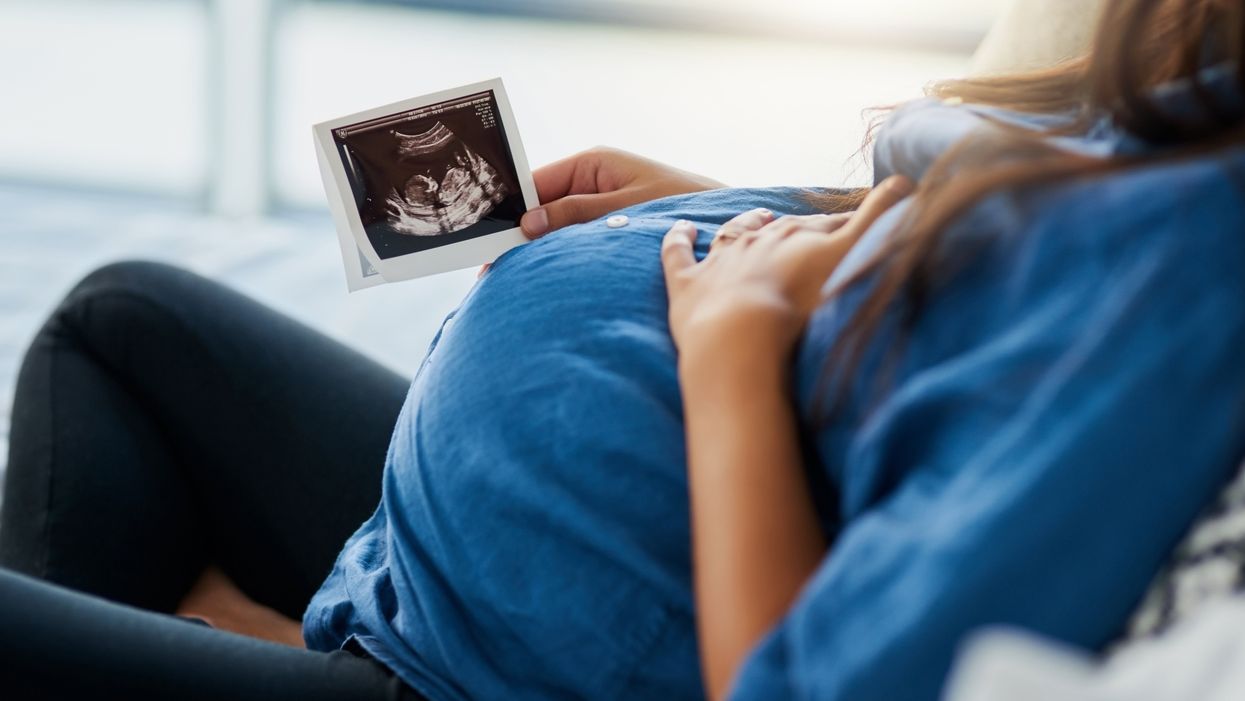From mass resignations to fleeing big cities to reconsidering marriage, COVID-19 has clearly shifted everyone’s priorities — and that includes how many biological children we want, if any, according to a new study.
“The initial COVID-19 outbreak appears to have made women think twice about expanding their families, and, in some cases, reduce the number of children they ultimately intend to have,” lead study author and epidemiologist Linda Kahn, Ph.D., told New York Post.
Kahn believes the shifting mindset towards biological parenthood is “yet another example of the potential long-lasting consequences of the pandemic — beyond the more obvious health and economic effects.”

For the study, researchers queried 1,179 mothers in New York City who had given birth to at least one infant amid the first wave of COVID-19, concluding that a third of these women who were contemplating having more children before COVID have since changed their minds. But this phenomenon isn’t necessarily specific to New York — at least not yet.
“Other regions that are experiencing intense COVID-19 transmission and hospitalization rates…may observe similar trends,” Kahn continued. “Whether reductions in pregnancy intention are temporary or persist — in New York and elsewhere — remains to be seen.”
There are several reasons as to why women are changing their minds, but one is simply how frightening it is to undergo pregnancy and potential hospitalisation for delivery amid a fatal pandemic.

Sign up to our free Indy100 weekly newsletter ‘The Viral Democracy’
“The vast majority of our participants responded to the COVID-19 survey when the city was still in lockdown and hospitals and morgues were overflowing, so the thought of voluntarily putting themselves in a situation — pregnancy — that requires a lot of interaction with the medical system was probably pretty scary,” Kahn explained, adding that preschools and daycares having been shut down may have influenced their decisions “They were likely extremely stressed and overwhelmed. Not exactly a mindset conducive to making babies,” she noted.
Not to mention the excess of economic insecurity due to furloughs and layoffs, atop climate change concerns and the evolution of gender and relationship norms.
The “child-free” (or fewer children) trend is nothing new however, and will likely continue to surge in popularity. Plus, it already seems to be well underway, with the birth rate dropping a whopping 4 percent this past year. Despite predictions of a Covid baby boom, this marks the largest annual decline in births since 1973.














